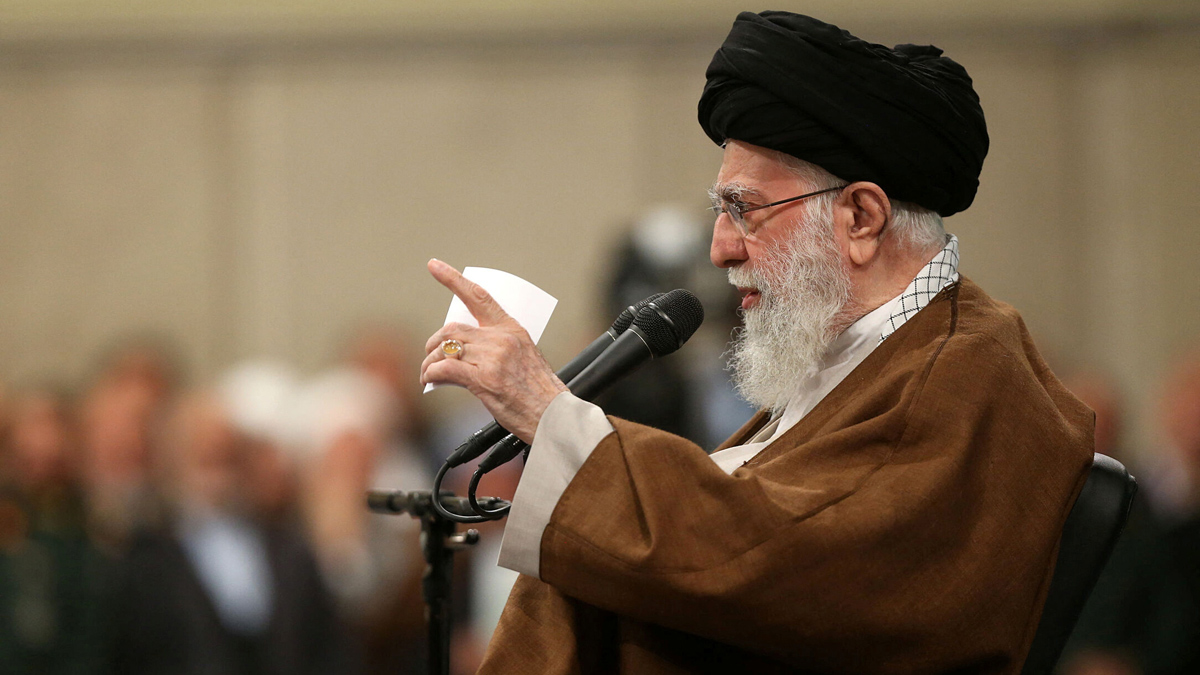Iran's Supreme Leader Khamenei does not want to lose the possibility of making a bomb: Analyst

Iranian Supreme Leader Ali Khamenei does not want to halt Uranium enrichment because he does not want to lose the ability to build a bomb, according to an analyst.
Morad Veysi, a senior journalist and analyst, added that Khamenei believes if he abandons enrichment, he will effectively disarm himself against the United States. This comes as Khamenei on Tuesday said Iran wouldn't halt uranium enrichment, a condition that could scupper the talks. "We don’t think the current negotiations will lead to a result,” Khamenei said at a public event," Khamenei said.
"Saying things like 'we won’t allow Iran to enrich uranium' is way out of line. No one is waiting for anyone’s permission. The Islamic Republic has its own policy, its own approach, and it will continue to pursue it," the Supreme leader said.
His statement dampened the mood in Iran, with Iran’s rial plummeting on Tuesday from around 820,000 to over 840,000 per US dollar. "How can the fact that the dollar's price has increased after Khamenei's speech indicate the power of his words?" the analyst was quoted by Iran International.
Meanwhile, another analysis that appeared in Iran International states that Khamenei's stance showed that the Iranian regime's policies reflect the internal fluctuations and the ideological outlook of the government rather than national interests or political rationality.
Khamenei has repeatedly taken contradictory positions in recent years, once calling negotiations "poison" and at other times "heroic leniency."
"The reality is that the Islamic Republic, with its multiple and changing positions, has kept the Iranian people in constant uncertainty," the piece said, adding that "anti-arrogance" stance one day changes the next day
Policies that are anti-arrogance one day change their nature the next in the name of "expediency" or "softness." The next day, all these are suddenly rendered unimportant, the piece added.
Meanwhile, reports are that Iran has no clear alternative plan if talks collapse. "The alternative plan is to continue the same strategy as before the talks. Iran will refrain from escalating tensions and is ready to defend itself," a senior official told Reuters, adding that the Islamic Republic will also aim to strengthen relations with allies such as Russia and China.
The failure of talks will badly impact Iran, which is struggling with poverty and a financial crisis. According to an economic activist, if negotiations between Iran and the US fail, oil and product sales will remain extremely low. "Oil exports may even fall to less than one million barrels per day, with large discounts and heavy fees charged by intermediary companies and sanctions brokers," Mohammad Mashinchian, a senior governance researcher at the University of Pittsburgh, told Iran International.
Middle East